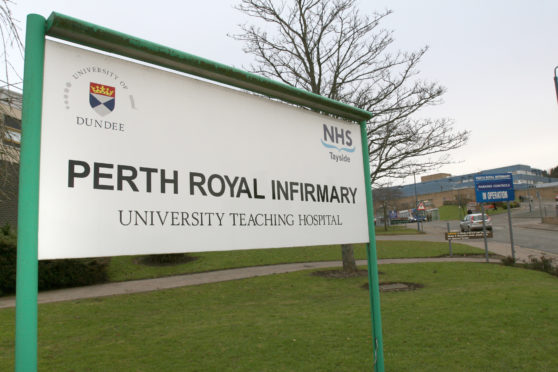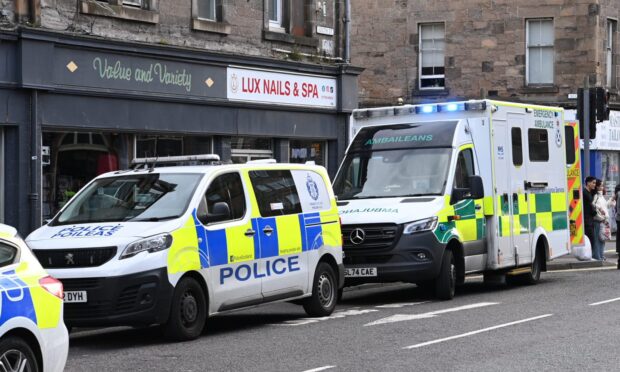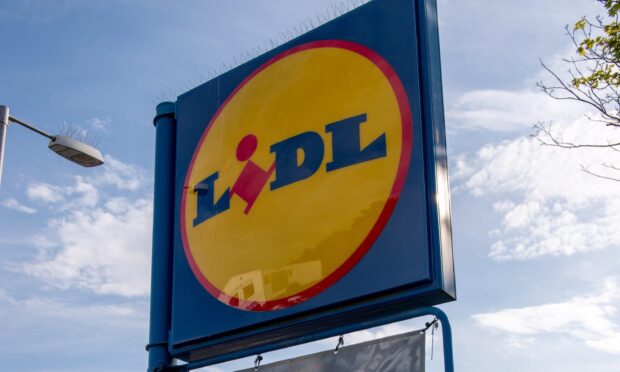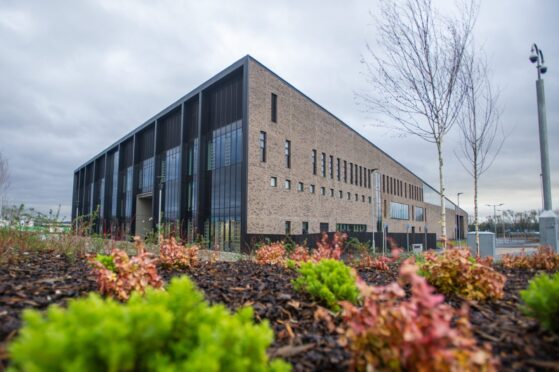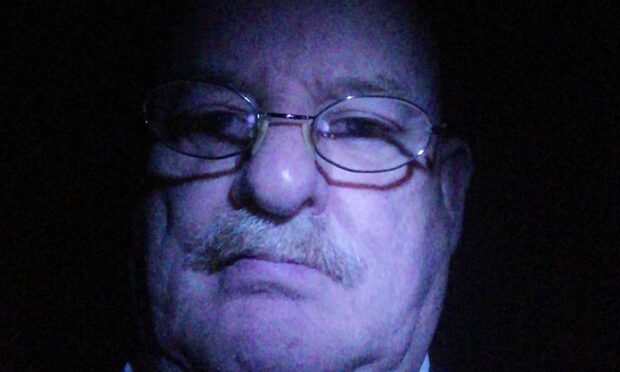Health chiefs are drawing up contingency plans for a resurgence of Covid-19 in Perth and Kinross.
Measures include long-term testing at the doors of Perth Royal Infirmary and a “digital first” approach to consultations and services.
Details of the second wave strategy are released as the local Health and Social Care Partnership (HSCP) reveals the pandemic has put an extra £9 million strain on its already-tight budget.
The new plan involves re-mobilising key services while “capitalising on the positives” of the area’s pandemic response, according to a report due to go before Perth and Kinross Integration Joint Board members this week.
A “front door model” at PRI will be inspired by temporary assessment hubs that were dismantled earlier this month.
It is hoped a similar station at the hospital entrance would offer triage services, rapid assessments and testing to help avoid unnecessary admissions.
Chief Officer Gordon Paterson said: “While the prevalence of the pandemic has reduced, we cannot underestimate the impact it has had on communities, families and individuals in Perth and Kinross.
“Although fewer cases are presenting, it is essential that we do not become complacent about the risks from Covid-19.”
He said the past five months had presented “enormous challenges” to local services.
“In recognising now that we will be living with and responding to Covid-19 for many months to come, with the risks and operating conditions this brings, we are now transitioning from response to re-mobilisation phase.”
The former Parkdale Care Home at Auchterarder would continue to be used for extra beds “in case of a second surge of Covid-19 and in preparation for winter”.
Meanwhile, plans are being drawn up to reactive assessment hubs in the case of a second wave.
There will be more investment in an “oversight” team which was established to support the region’s 40 care homes.
This move helped offer privately-run complexes better links with public health teams as well as access to supplies of PPE and testing.
In his report, Mr Paterson said there will be a review of how technology – particularly video conferencing platforms like Zoom and Microsoft Teams – can be used to “deliver more services, more efficiently and effectively.”
He added: “We recognise that these approaches will not work for everyone in every situation and in some cases and with some interventions, we need to continue to offer personal contact and visits in person.”
It is estimated Covid-19 is costing the partnership about £9.4 million, with nearly £5 million on third party care providers.
The overall total is up by about £2 million on a previous estimate announced in May.
The group previously warned using reserves could hit other projects, like improving mental health facilities.
